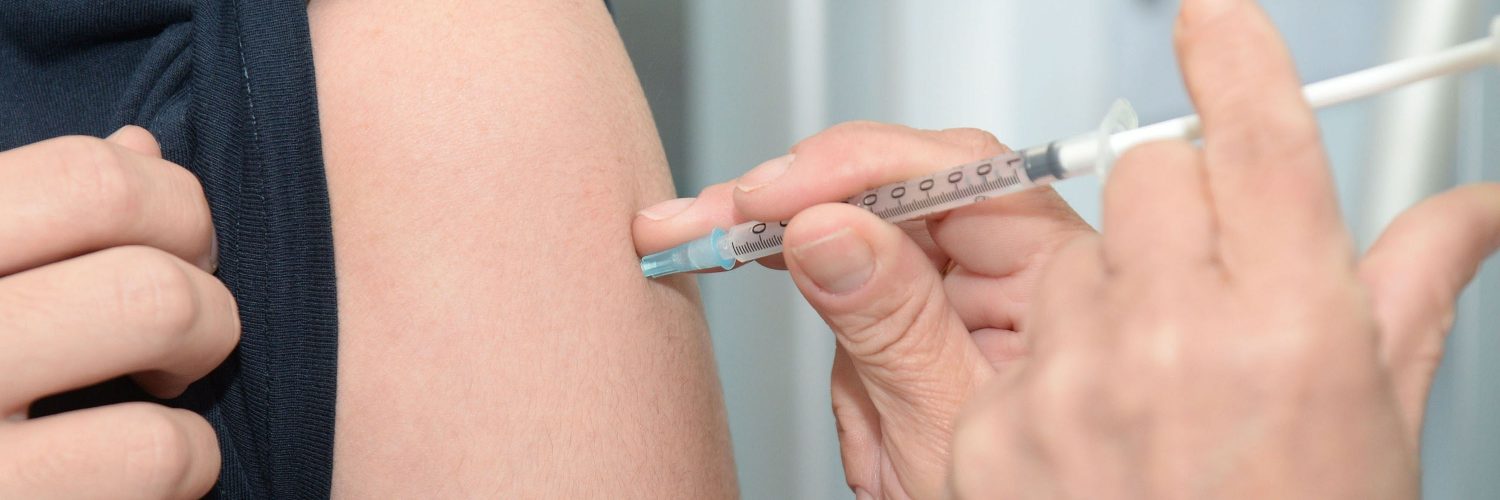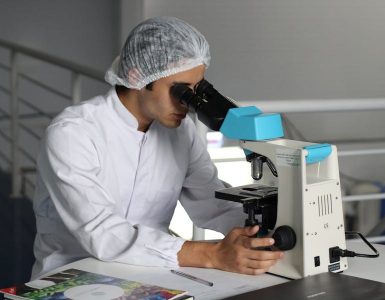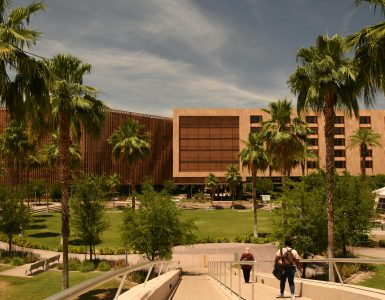“In South Phoenix…there was an elderly [Mexican] couple that had already gone through the mobile unit,” Cecilia Rosales, MD, MS, associate dean and professor at the University of Arizona (UA) Mel and Enid Zuckerman College of Public Health, remembered. “They looked at me and said, ‘so how is it that you can provide all these services free of charge?’”
Rosales helps run the UA Zuckerman College of Public Health Mobile Unit, which travels to underserved communities to provide individuals with preventative care.
She explained to the couple that the “Juntos por la Salud” (Together for Health) Primary Prevention Mobile Unit was paid for by the Mexican division of the U.S.-Mexico Border Health Commission (BHC) — a binational health commission between the U.S. Secretary of Health and Human Services and the Secretary of Health of Mexico.
“I said, ‘well this is courtesy of your government… and we’ve also received some donations, so there are people in this state that care about people who are most vulnerable receiving these services,’” Rosales continued. “He was incredulous. He said, ‘I can’t believe that people really care about us.’ And he started crying… it was very impactful and sort of solidified my reasons for doing what I do.”
Launched in Phoenix in 2016, the mobile unit now serves Health Professional Shortage areas (HPSA’s) across Pima, Santa Cruz, Cochise and Maricopa counties.
“We actually go out to people and meet them where they are, as opposed to expecting people to come to you,” Rosales said. “That’s the greatest benefit because there are always those transportation issues, hours of operation — we operate based on where and when people are available, so, for the most part, we’re working in the evenings and on weekends.”
Juntos por la Salud is operated by an interprofessional health care team of UA Students that come from majors such as Public Health, Nursing, Medicine and Pharmacy.
“Being Latina myself, working with the Latino community in Tucson has given me much pride,” Camille Gonzalez, a second-year student in the Master of Public Health program, said in a statement. “Volunteering for Juntos por la Salud has been a truly rewarding experience. People from many different backgrounds have come to the mobile health unit wanting to improve their health and the health of their families.”
According to Rosales, giving students the opportunity to work in a community setting teaches them invaluable skills needed in a health care field.
“Community health meaning you’re out in the community is very, very different [from clinic settings]. The environment isn’t as controlled, so you’re having to problem solve… You have to be socially aware, culturally aware, linguistically aware and those are skills that are invaluable to students,” Rosales said.
“This is something that is important as a future health-care provider. The people I have interacted with are always very grateful and I enjoy talking to them. No two days are ever the same, and because of the nature of the mobile clinic, I’ve learned how to perform basic health screenings and educate the community about implementing healthier lifestyle choices,” Luis Romero, a pre-med student studying physiology with a minor in Mexican American Studies, told UA. “Juntos por la Salud solidified my decision to pursue a career in medicine and my desire to work with underserved communities.”
Because of the UA Mobile Units’ holistic approach to health care, the Arizona Complete Health donated $100,000 last year to help keep the units running.
“We’re really driven by our mission of transforming the health of the community one person at a time,” said Monica H. Coury, vice president of Legislative & Government Affairs at Arizona Complete Health. “The genius of these mobile units is that they go right into the communities that they serve so that they can spend more time talking to individuals, looking at what the needs are of the community and addressing critical prevention services. They’re able to connect with people in a different way.”
But the units also provide a talent pipeline by giving students the unique opportunity to learn how they can work together with other health care fields, according to Rosales.
“We work in silos…we never seem to cross over and reach out and bring these students together to work together, to see how they should work together and how they complement each other. That’s one of my missions, to be able to bring these opportunities to students,” she said.
The mobile clinic refers patients to primary care facilities including the UA Department of Family and Community Medicine’s Mobile Health Program as well as focuses on screenings for — and prevention of — chronic diseases such as:
- Cardiovascular disease
- Diabetes
- Obesity
- HIV/Hep-C
- Tobacco, Alcohol & Drug abuse
- Cancer
- Sexually transmitted infections
- Mental health and more
“I would love to be able to sustain it. It’s not easy to do this because it does require resources,” Rosales said. “We will always have community members that are not equipped to receive costly medical care or even preventive care.”
To donate or learn more about Juntos por la Salud, click here or follow the program on Facebook.
















Add comment